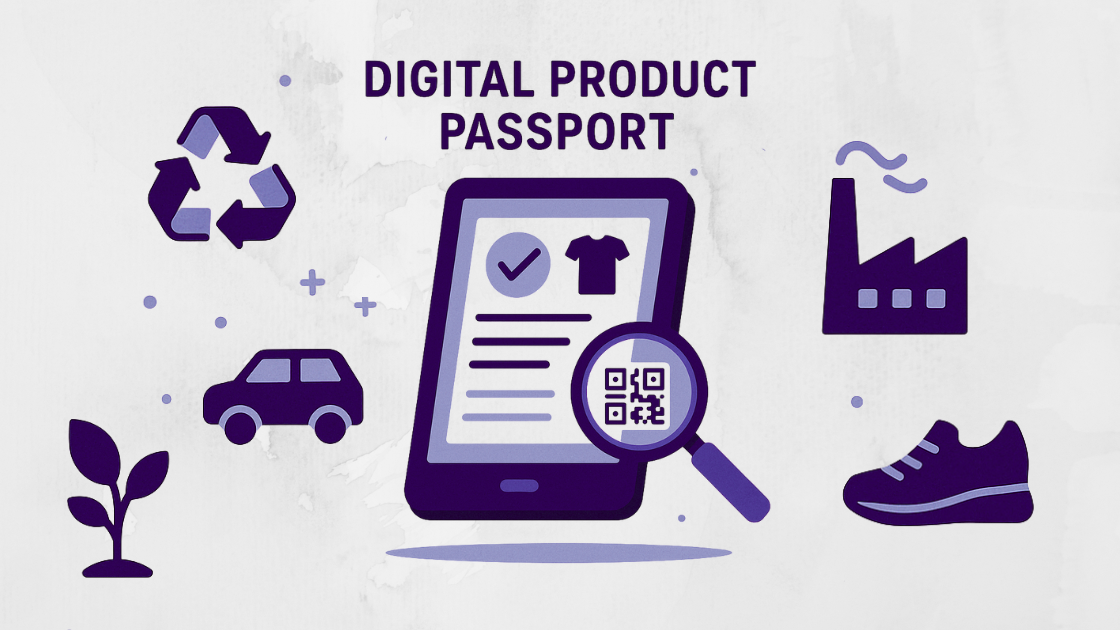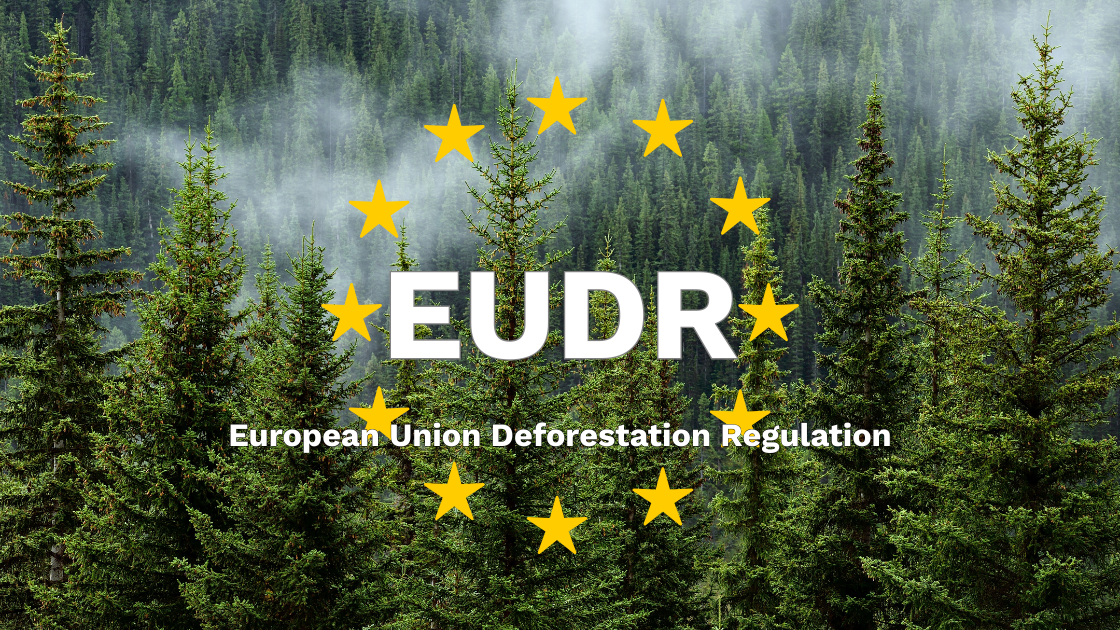Avoid greenwashing: this is how you can really be a sustainable business
Last week, sports and fashion chains Decathlon and H&M were reprimanded by the Consumer and Market Authority (ACM). This is because both parties were allegedly unclear about sustainability and did not sufficiently substantiate their claims in this regard. Greenwashing, making a company appear greener or more socially responsible than it actually is, is a recurring phenomenon.

With sustainability high on everyone's agenda, people also take a more critical view; a development that is not necessarily wrong. After all, as long as you are truly sustainable and can prove it, you have nothing to fear. Read now how you can become a truly sustainable and socially responsible entrepreneur.
Decathlon and H&M
In 2021, the ACM challenged several clothing chains for many misleading sustainability claims in the sector. Additional investigations at H&M and Decathlon revealed that both parties offer products with sustainable labels, without directly naming the benefit in terms of sustainability. Examples include "Ecodesign" and "Conscious"."Consumers who want to make sustainable choices must be able to trust that the claims companies put on their products or websites are true" - Cateautje Hijmans van den Bergh, ACM board member.
H&M is a familiar face when it comes to misleading sustainability claims. Earlier this year, for instance, the ACM of Norway ruled that the chain should no longer use certain environmental product labels. Besides the clothing industry, there are- unfortunately- other companies that engage in greenwashing. Shell, for example, claims to want to become climate neutral, but still invests more than 80% in oil and gas. Worse still; it will emit more CO2 in the coming years than 127 coal-fired power plants combined.
Greenwashing
Greenwashing means that a company tries to appear as 'green' as possible when it is not. For example, it may pretend that certain business activities are environmentally friendly, or that certain products or services are beneficial to people and the environment. An example is planting trees to combat deforestation, while business activities largely nullify that planting. Greenwashing is an unfair trade practice as companies try to persuade consumers to buy their products or services. Fines for unfair trading practices can reach €80,000. Besides the financial consequences, greenwashing also damages a company's brand. Indeed, 51% of consumers indicate that corporate sustainability plays a role in their purchasing decision. They are also already aware of greenwashing; 38% are aware the end goal of companies' sustainable actions can be to promote their own products or services.
Recognise greenwashing
Fortunately, greenwashing is also exposed by, for example, the ACM or by the media.You too can look critically at companies' statements and thus separate the wheat from the chaff.
- A company may promote the use of natural ingredients if at least 1% of the product composition is natural.
- Vegan does not necessarily mean that a product is animal-free.
- An environmental benefit must be clearly and fully specified: "100% recycled material" says not much. After all, is it referring to the packaging, the product or a particular substance?
- Misleading images, such as green packaging, sustainable symbols or logos, create a sustainable impression but have nothing to do with it
Prevent greenwashing
You can avoid greenwashing simply by being transparent and clear about the ways in which you do sustainable business. After all, communication about sustainability and corporate social responsibility is good; consumers take this into account in the purchasing process and consider it to be important. However, the proof is in the pudding. Being able to substantiate your sustainability claims is most important here.
Eevery can help you do just that. Our platform is a complete sustainability solution for SMEs. Communicating honestly about sustainability starts with measuring and demonstrating how sustainable a company really is. We do this using global standards that really mean something. Think of the UN Sustainable Development Goals or the EU Taxonomy. After your baseline measurement, we offer a complete improvement programme with support so that you can become more sustainable in the areas that are relevant to you. You can communicate both your measurement and your improvement programme to your stakeholders.
Well begun is half done
We hear you thinking, "What if my business turns out not to be sustainable at all?". Sustainability is about the journey. A crematorium, for example, is not exactly sustainable at its core because of the CO2 emissions released during incineration. However, this does not mean it cannot become more sustainable and communicate about this transparently. The consumer can then choose between a party that is demonstrably and clearly sustainable and a party that does nothing or shares nothing about this. Three guesses where the choice will fall.
Make sure your business falls into the first category. Book a free demo of our sustainability platform and begin your sustainability improvement journey.Want to know more about sustainability? Subscribe now and read the latest news for small and medium enterprises on ESG and sustainability now.



